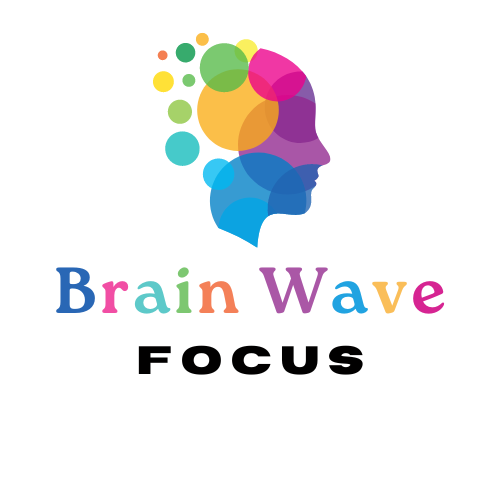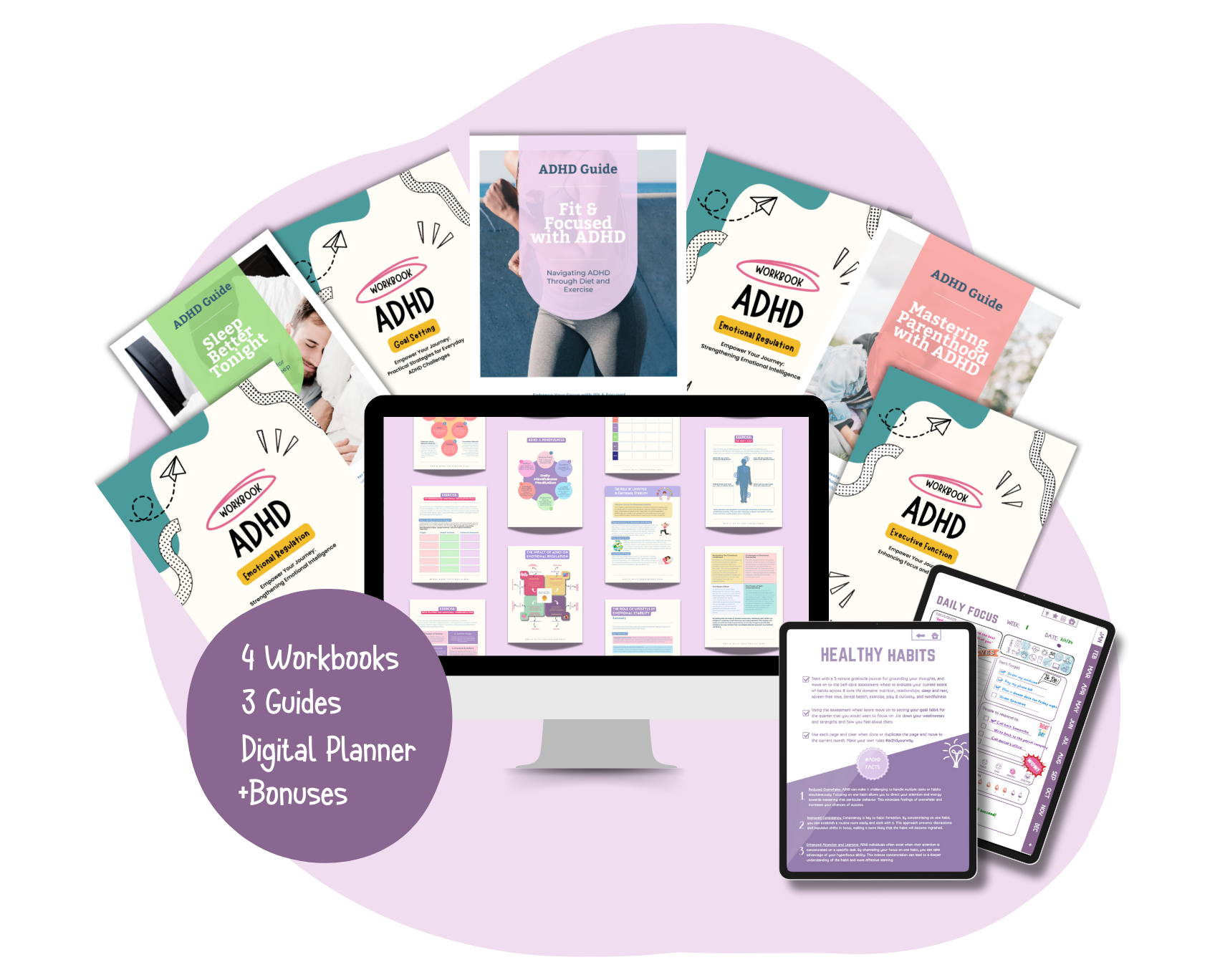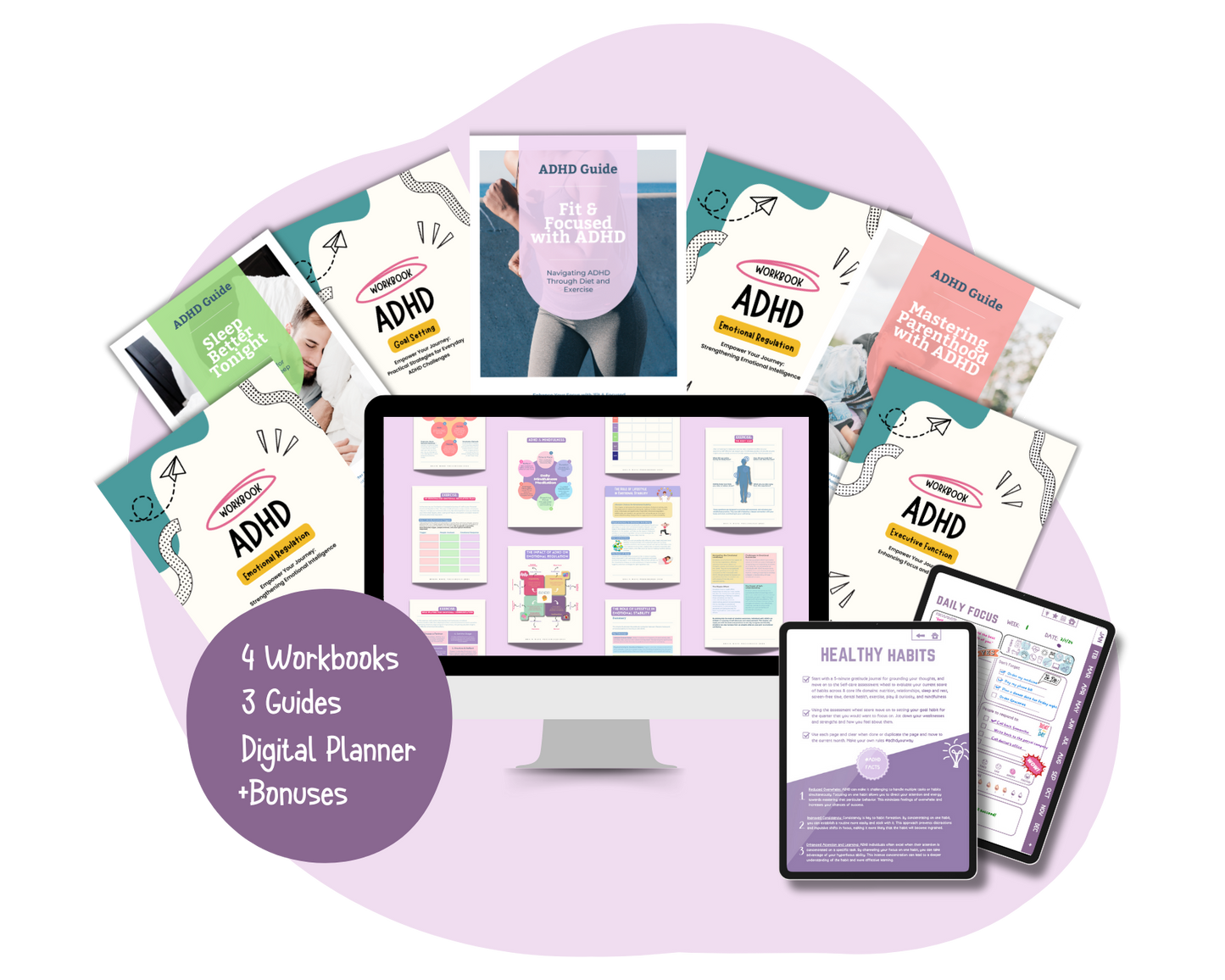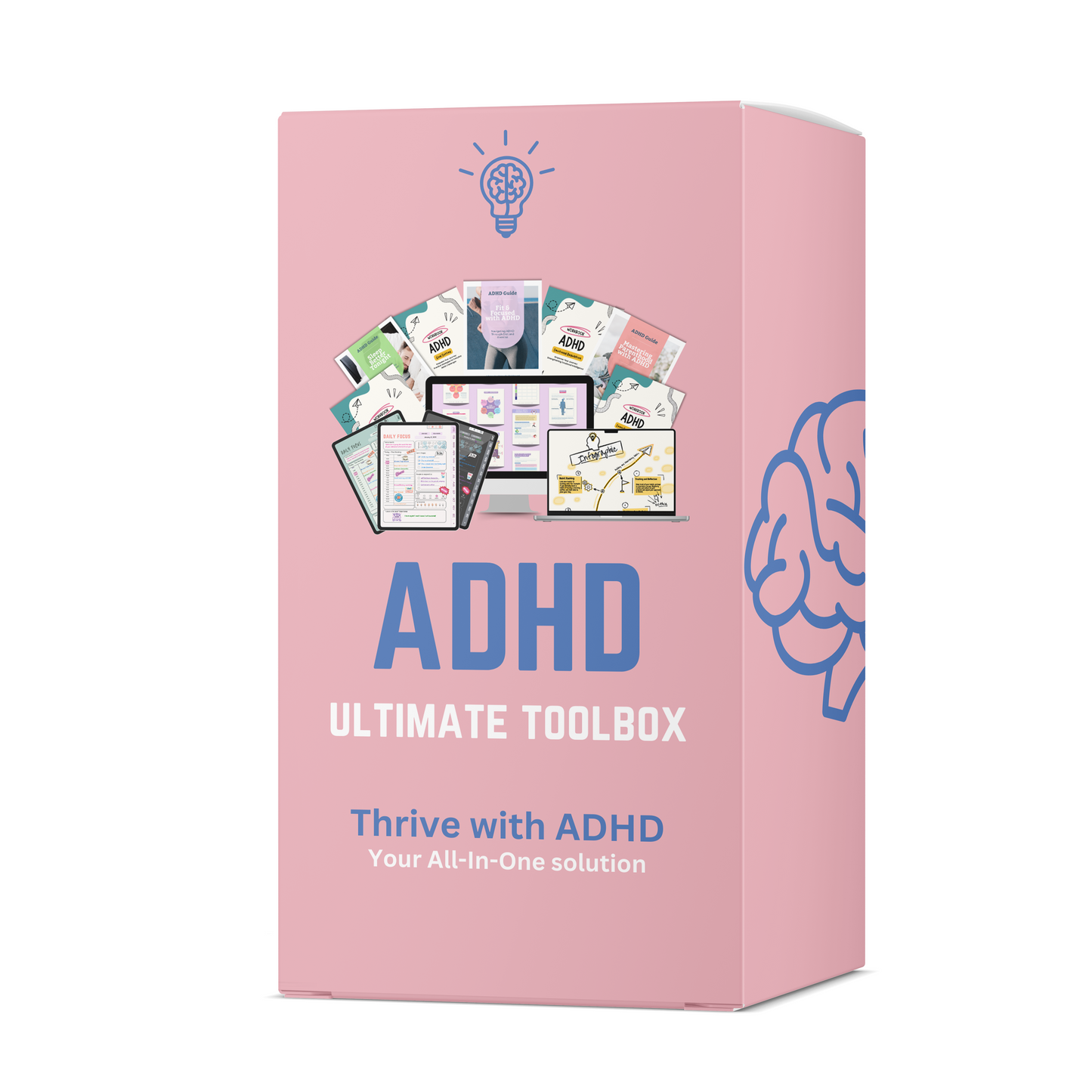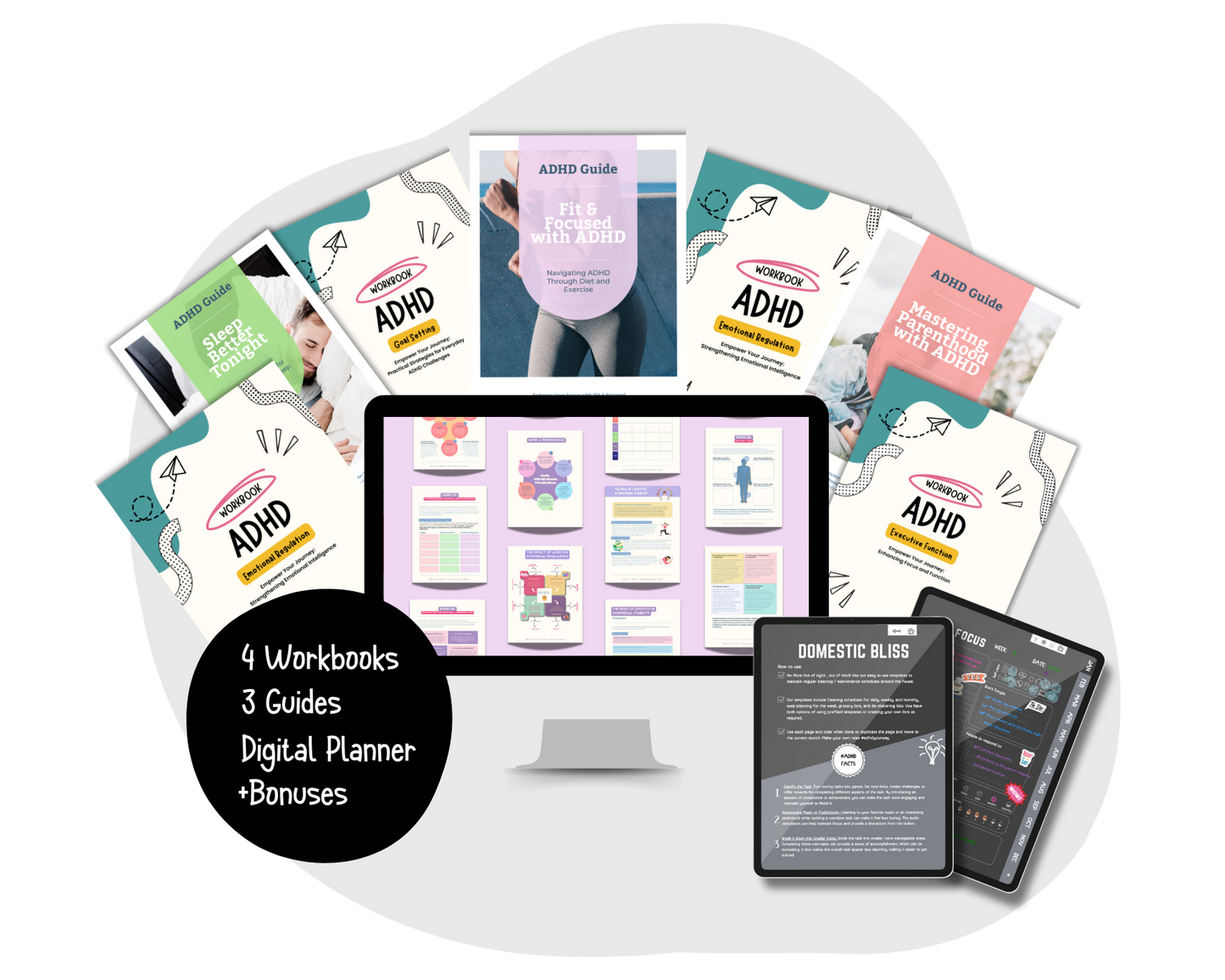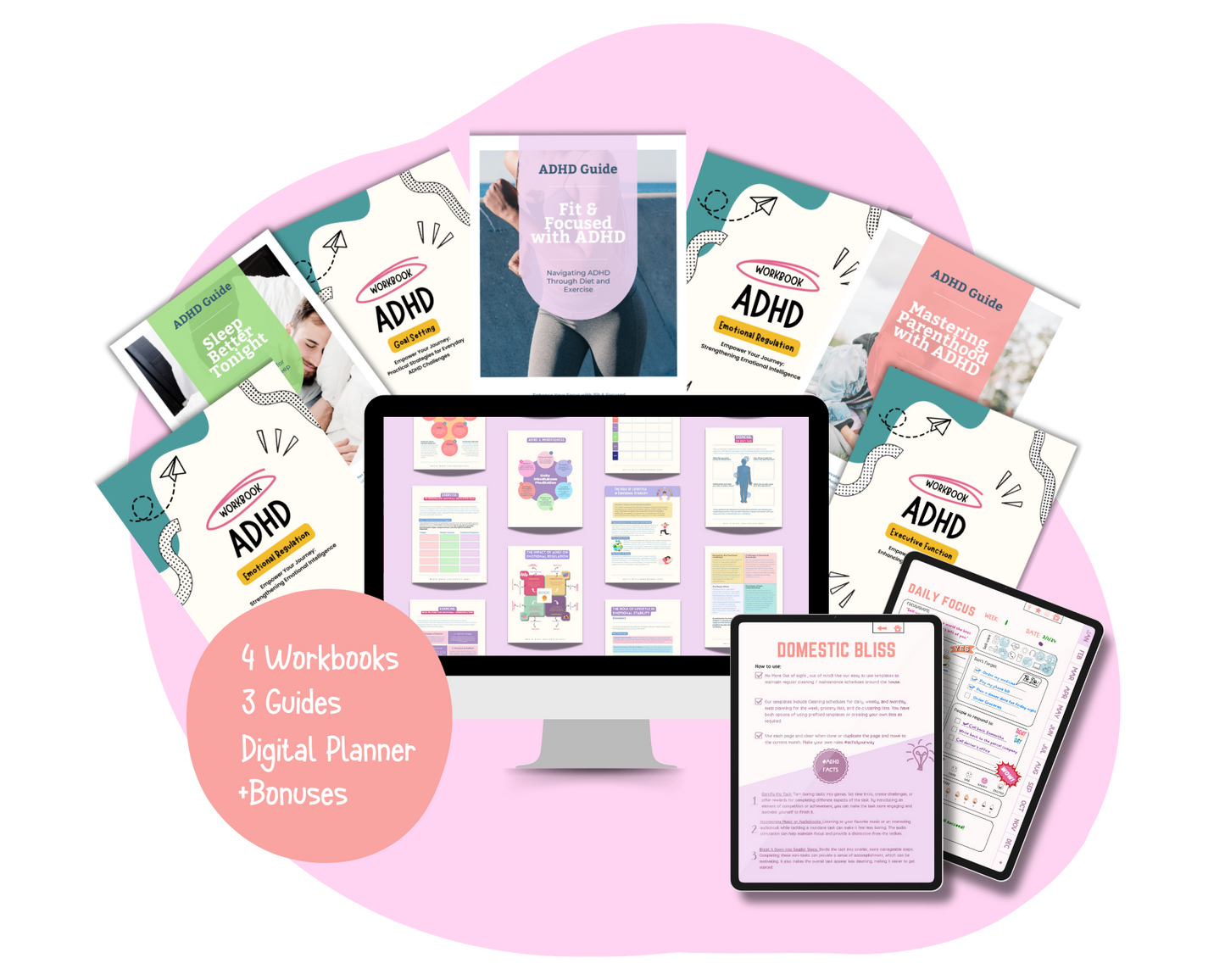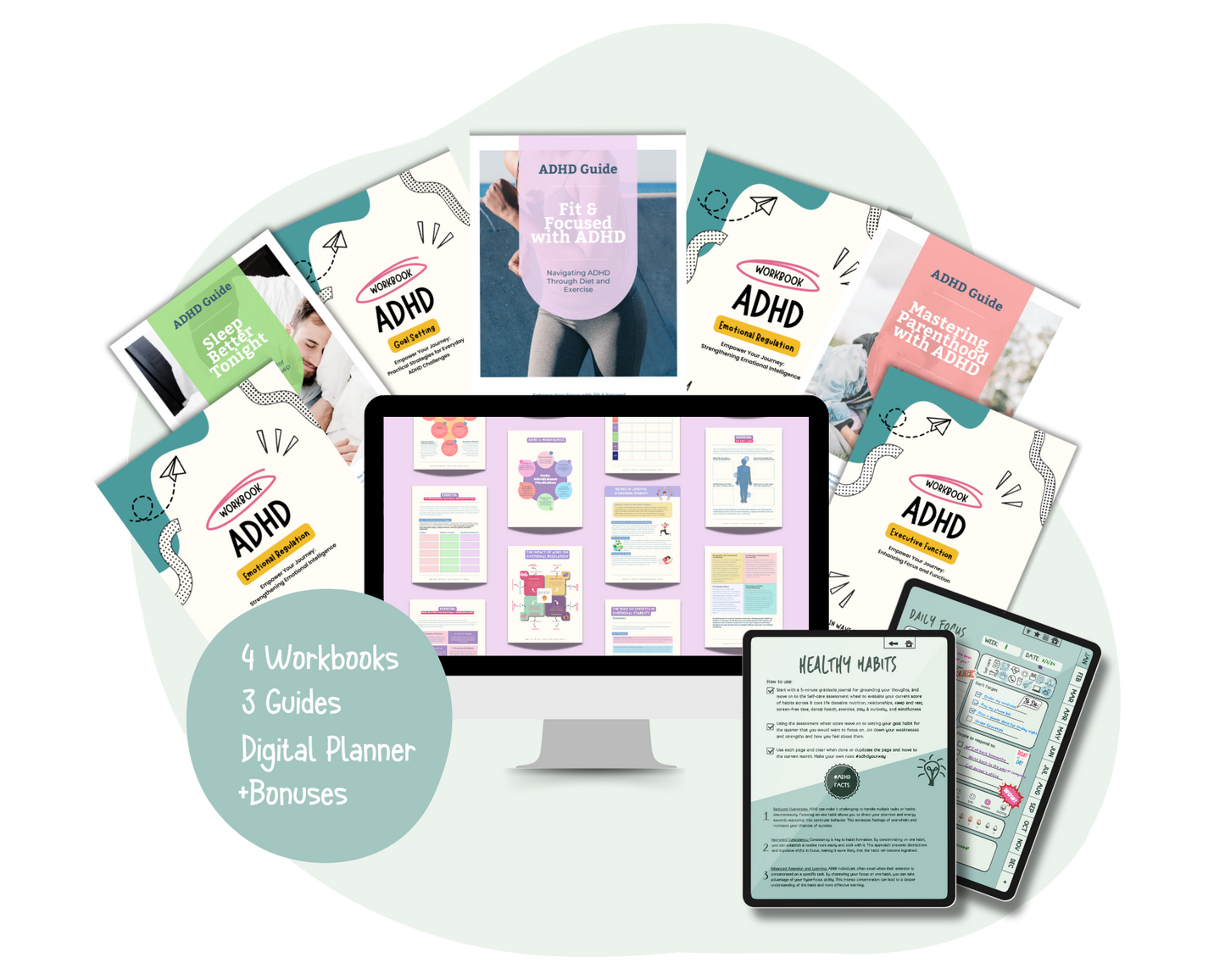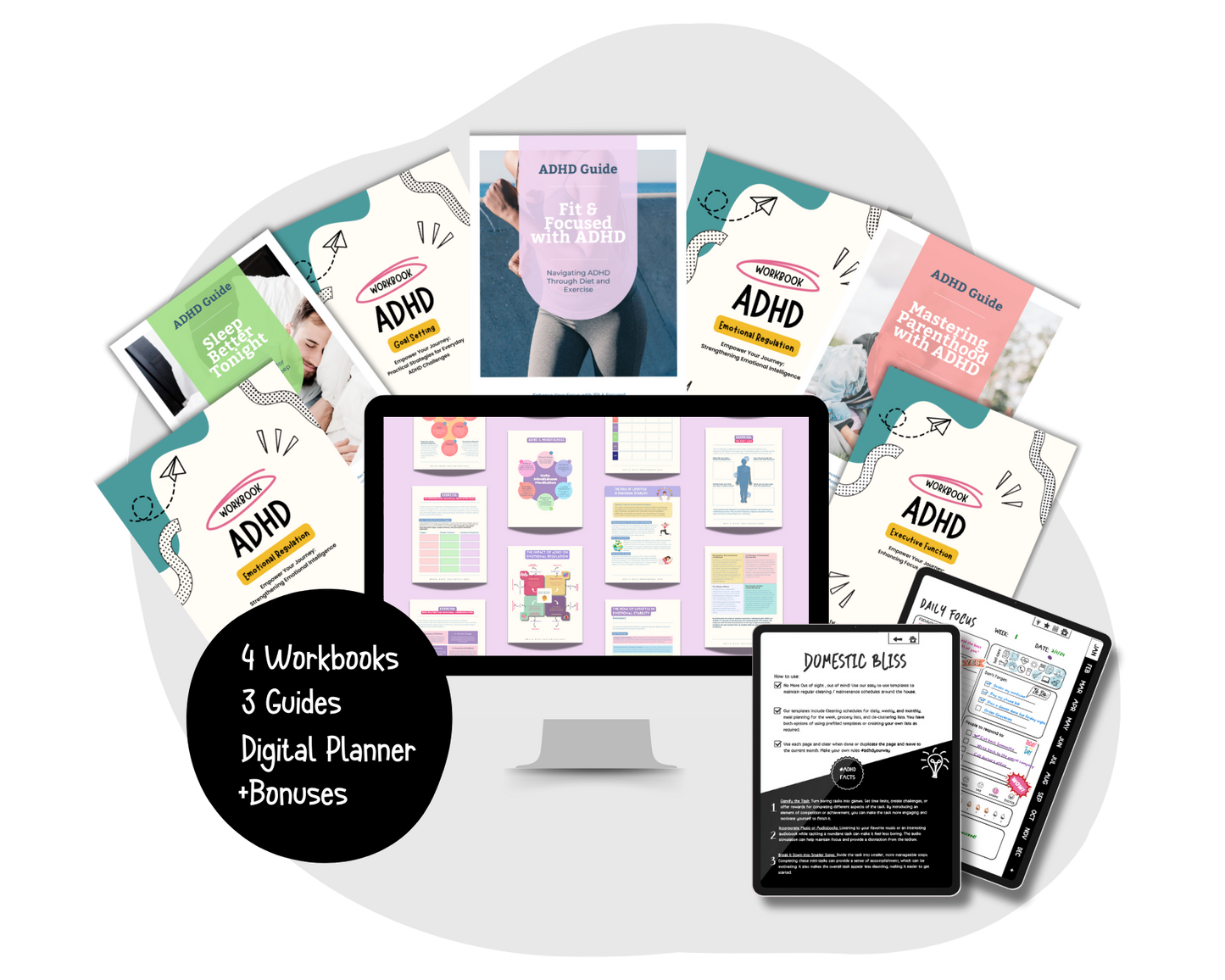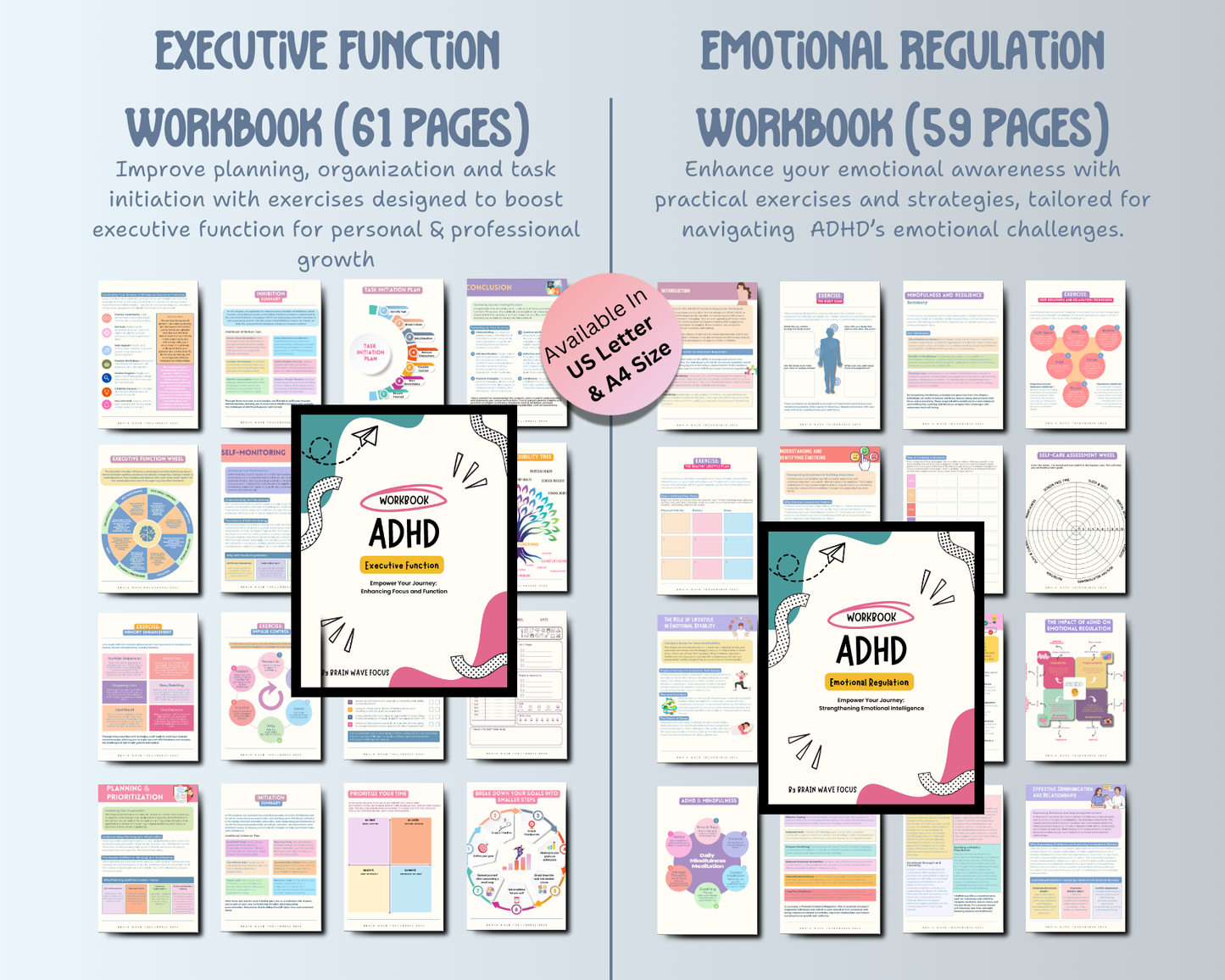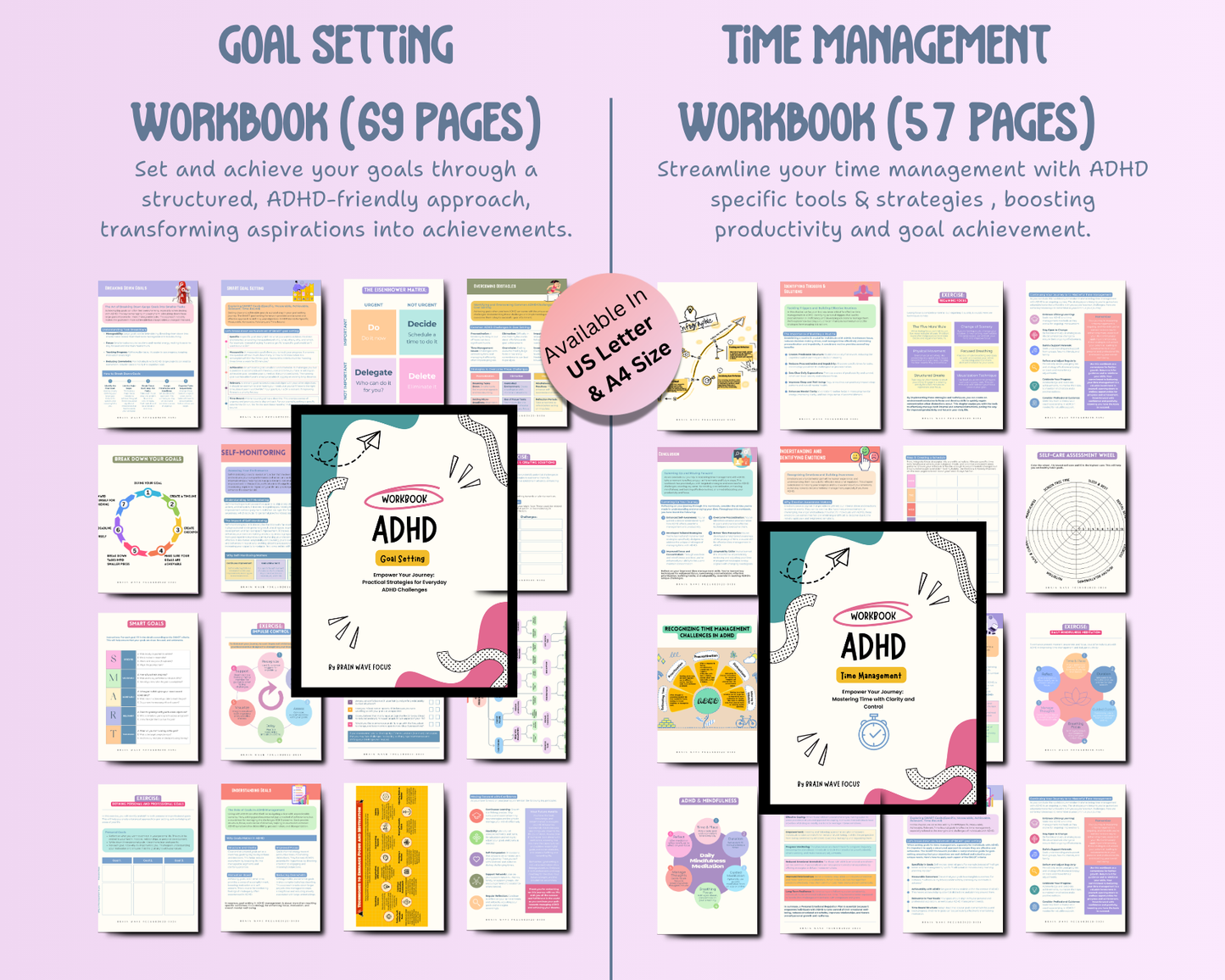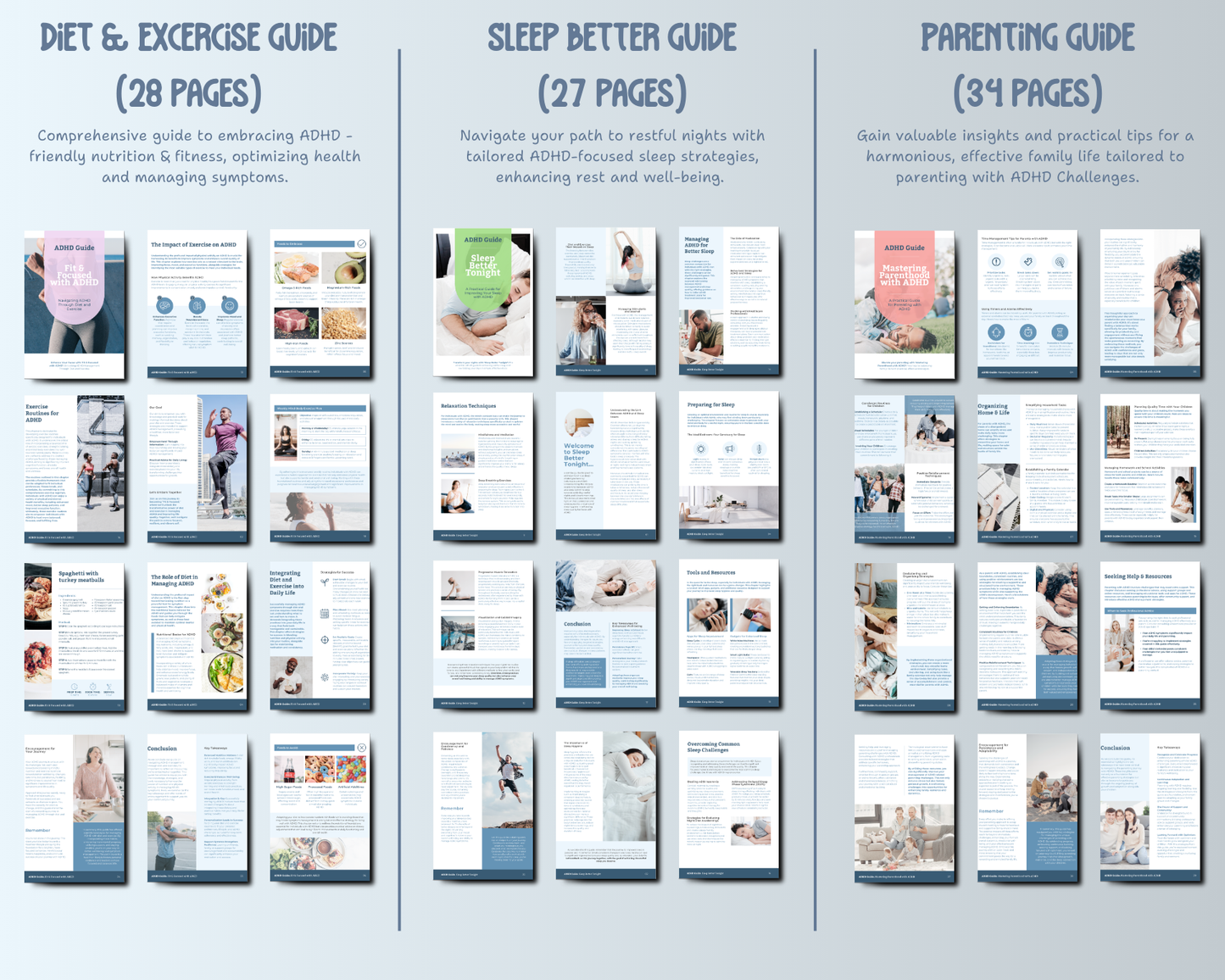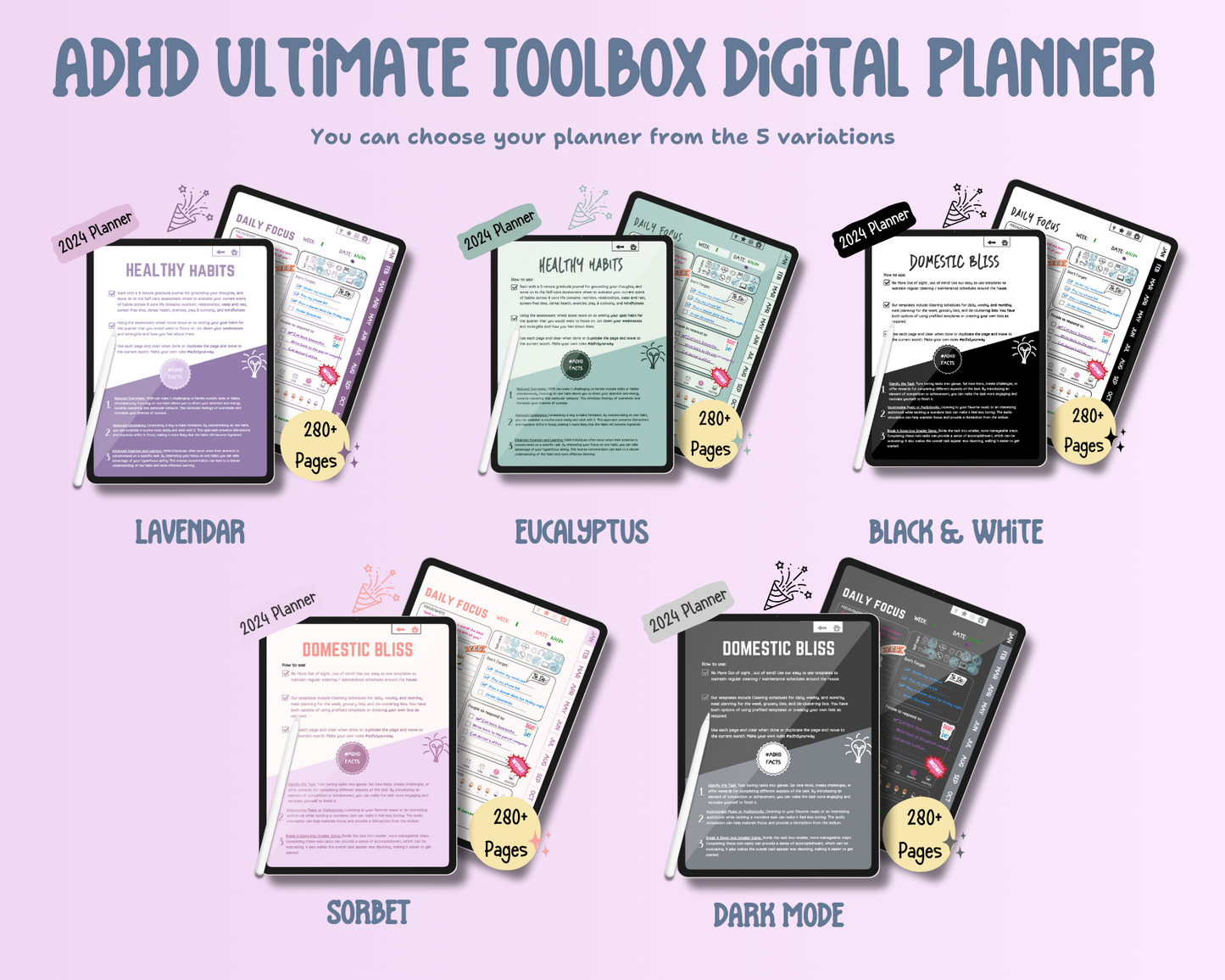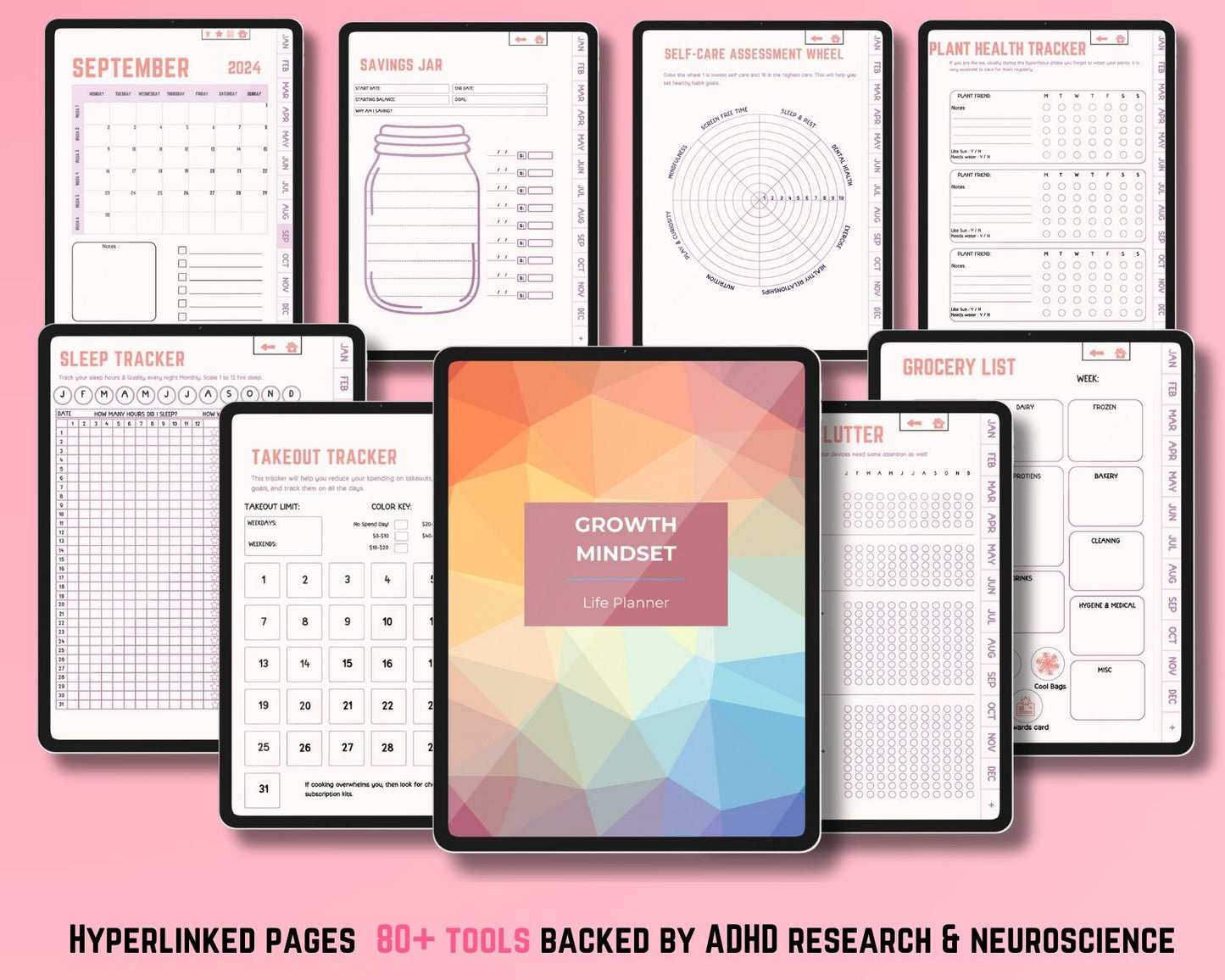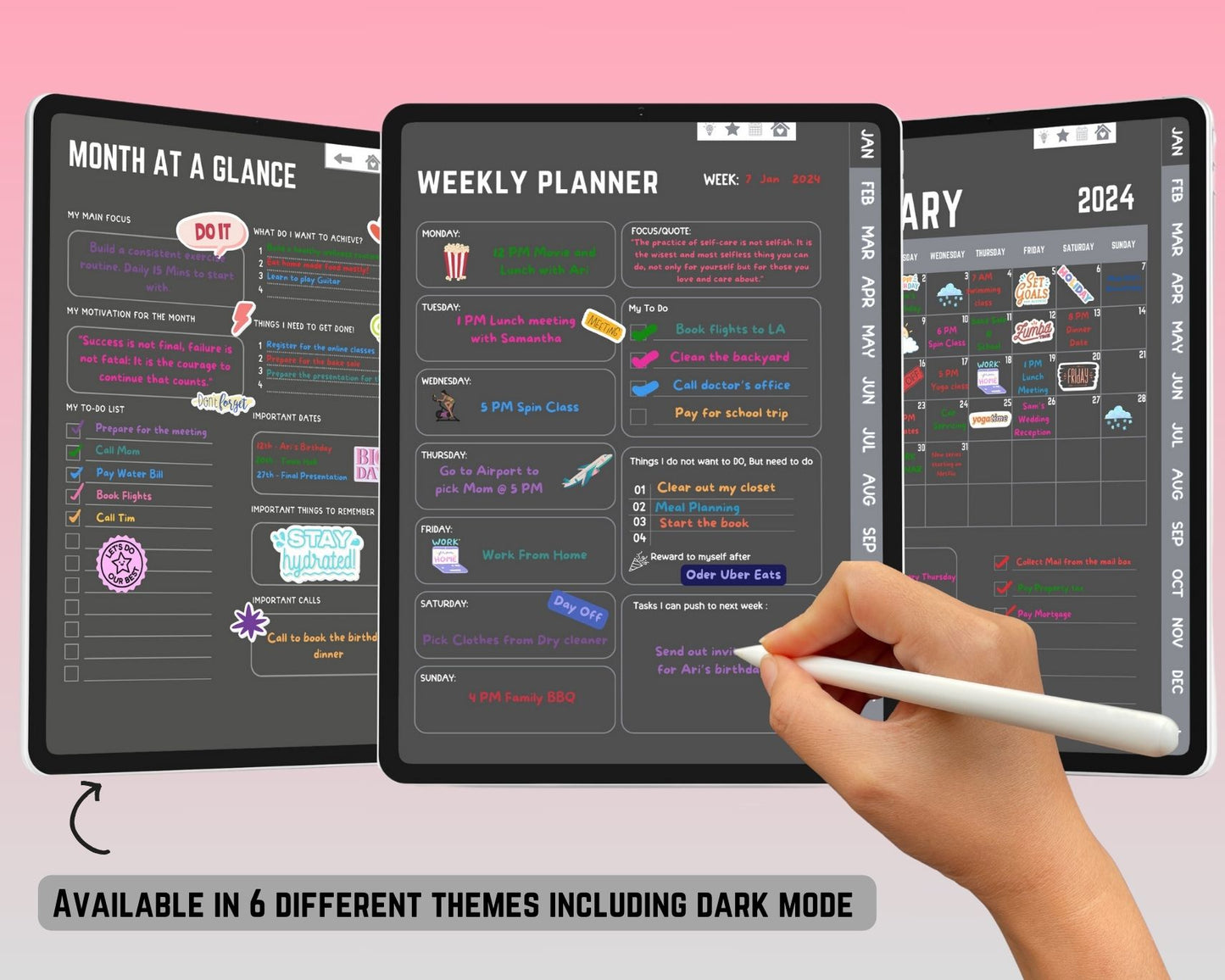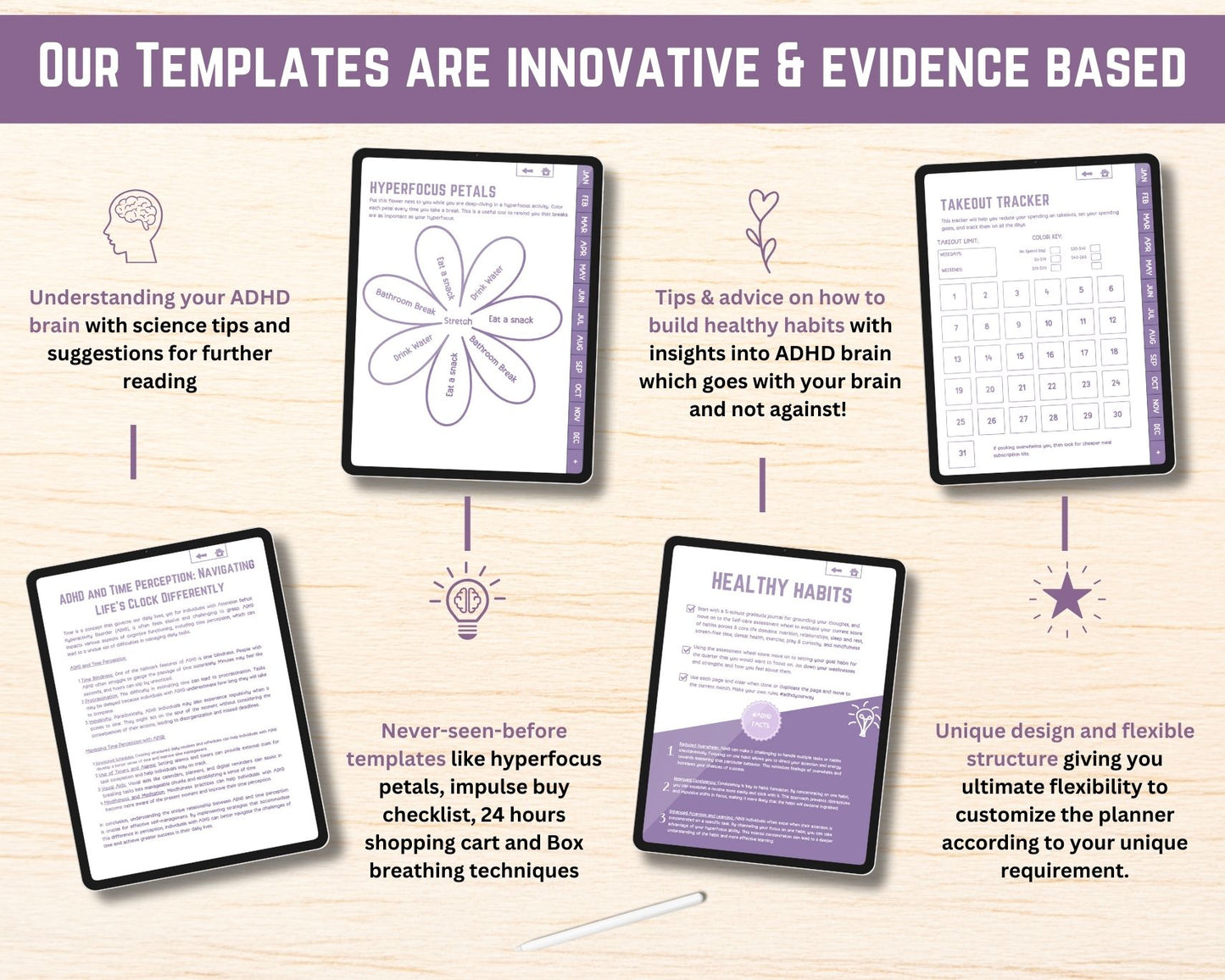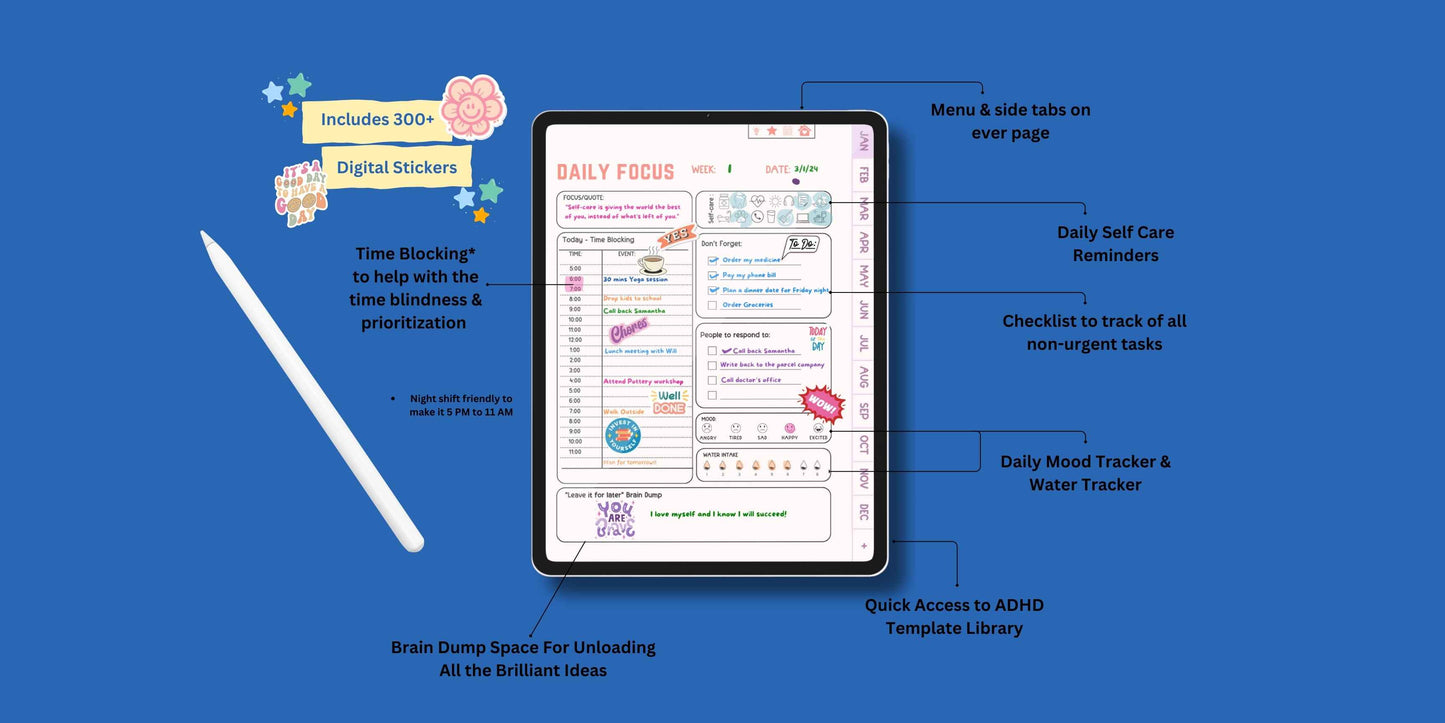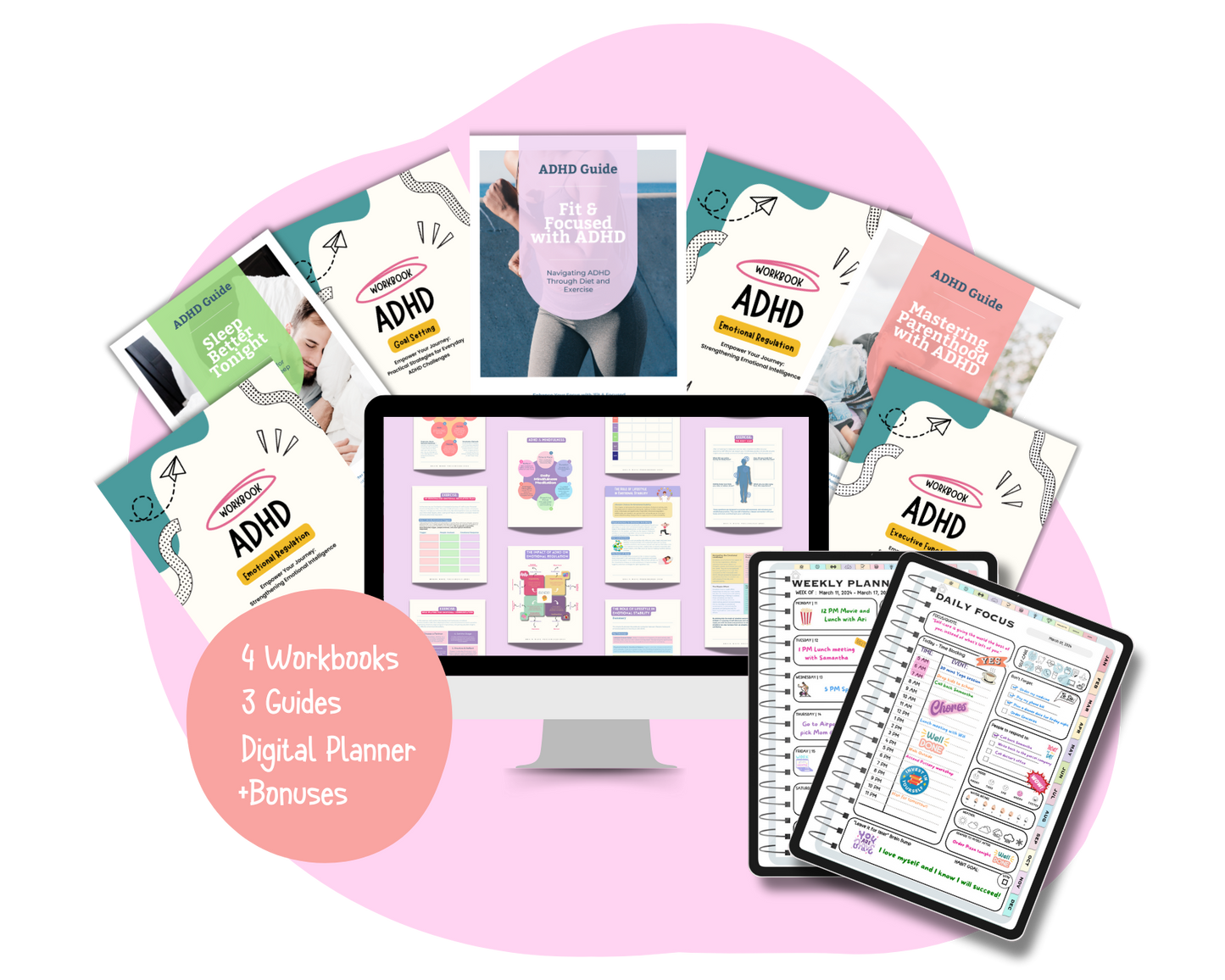Being in a relationship where one partner has ADHD and the other displays narcissistic traits can be incredibly challenging. The dynamic between these two personalities often leads to a toxic environment that can take a severe toll on the mental health of the ADHD partner. Understanding the unique struggles faced by the ADHD partner and learning how to protect oneself is crucial for maintaining emotional well-being.
Challenges Faced by the ADHD Partner:
-
Constant Criticism and Blame: Narcissists often have a need to be right and to control the narrative. For an ADHD partner, this can result in a constant barrage of criticism. Whether it's forgetfulness, impulsivity, or difficulty focusing, the ADHD partner may find themselves frequently blamed for issues within the relationship, leading to feelings of inadequacy and low self-esteem.
-
Emotional Manipulation and Gaslighting: Narcissists are known for using tactics like gaslighting—manipulating someone into questioning their own reality. For someone with ADHD, who may already struggle with memory and organization, this can be particularly disorienting. The ADHD partner may start to doubt their own perceptions, leading to confusion and a deeper sense of isolation.
-
Heightened Anxiety and Stress: The unpredictable nature of a narcissistic partner can cause the ADHD partner to live in a state of constant anxiety. They might feel pressured to constantly appease their partner, fearing emotional outbursts or withdrawal of affection. This stress can exacerbate ADHD symptoms, making it even harder to focus, manage tasks, or regulate emotions.
-
Isolation from Support Systems: Narcissists often seek to isolate their partners from friends, family, and other support networks. For an ADHD partner, who may already struggle with maintaining relationships, this isolation can be devastating. It leaves them without the emotional support and validation they need to counterbalance the negativity they experience at home.
-
Erosion of Self-Worth: Over time, the constant criticism, manipulation, and isolation can erode the ADHD partner’s self-worth. They may begin to believe that they are inherently flawed or unworthy of love, which can lead to depression and a sense of hopelessness.
How ADHD Partners Can Protect Themselves:
-
Seek Professional Help: Therapy can be an invaluable resource for someone in this situation. A therapist can help the ADHD partner develop coping strategies, build resilience, and learn how to set and maintain healthy boundaries. Cognitive-behavioral therapy (CBT) can be particularly helpful in challenging the negative thought patterns that may have developed as a result of the relationship.
-
Educate Yourself About Narcissism and ADHD: Knowledge is power. Understanding the dynamics of narcissism and how it interacts with ADHD can help the ADHD partner recognize unhealthy patterns and respond more effectively. This awareness can also prevent them from internalizing the narcissist's criticisms and manipulations.
-
Rebuild and Strengthen Support Networks: Reaching out to friends, family, or support groups is crucial. These connections can provide the validation and encouragement the ADHD partner needs to counteract the negativity in their relationship. Surrounding oneself with people who understand and support their journey can make a world of difference.
-
Prioritize Self-Care and Mindfulness: Engaging in regular self-care activities can help reduce stress and improve emotional regulation. Whether it’s exercise, hobbies, meditation, or simply taking time to relax, these practices can provide a much-needed break from the emotional strain of the relationship. Mindfulness techniques can also help the ADHD partner stay grounded in the present moment, reducing the impact of the narcissist's manipulations.
-
Consider Setting Boundaries or Leaving the Relationship: Sometimes, the healthiest option may be to set firm boundaries or even consider ending the relationship. Protecting one’s mental health should always be a priority, and if the relationship continues to be toxic despite efforts to improve it, it may be time to move on. It’s important to remember that everyone deserves to be in a relationship where they feel valued, respected, and loved.
Conclusion
Navigating a relationship where one partner has ADHD and the other is a narcissist is far from easy. The challenges can be overwhelming, but it’s important to remember that help and support are available. By understanding the dynamics at play, seeking professional help, and prioritizing self-care, the ADHD partner can protect their mental health and find a path to healing and empowerment. Remember, you are not alone, and you deserve a relationship that nurtures your well-being.
